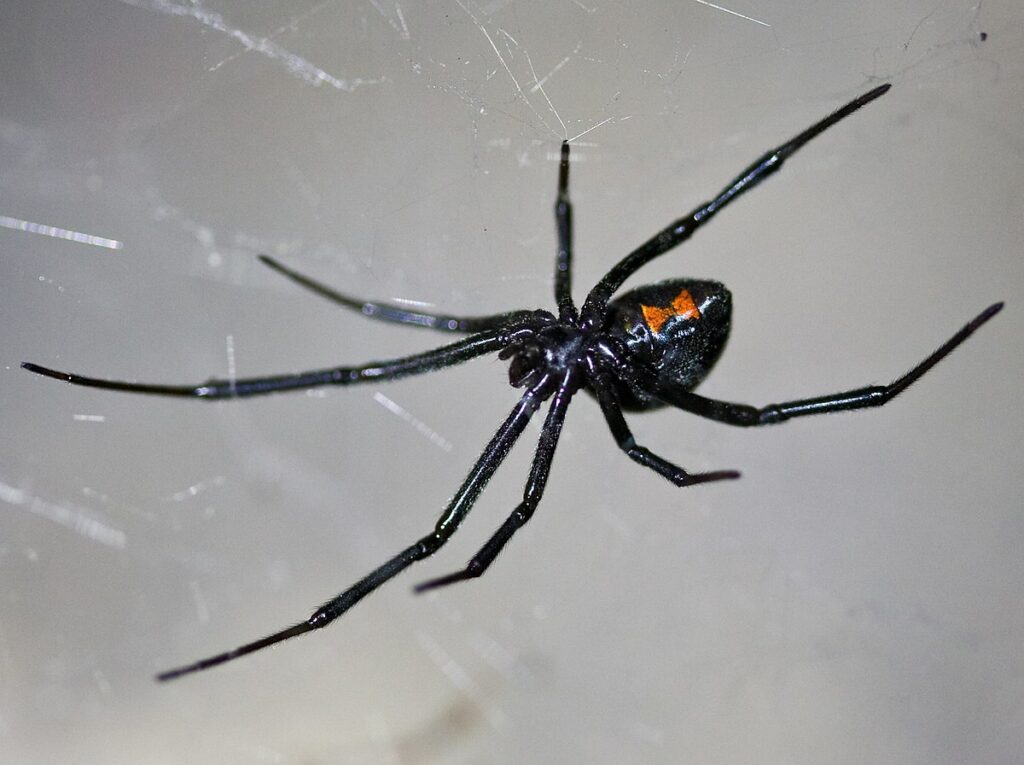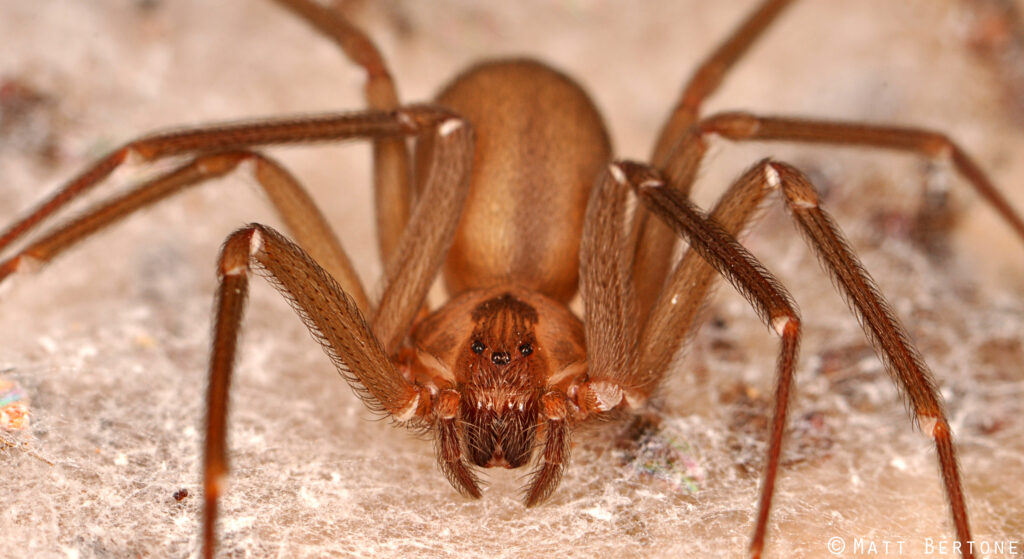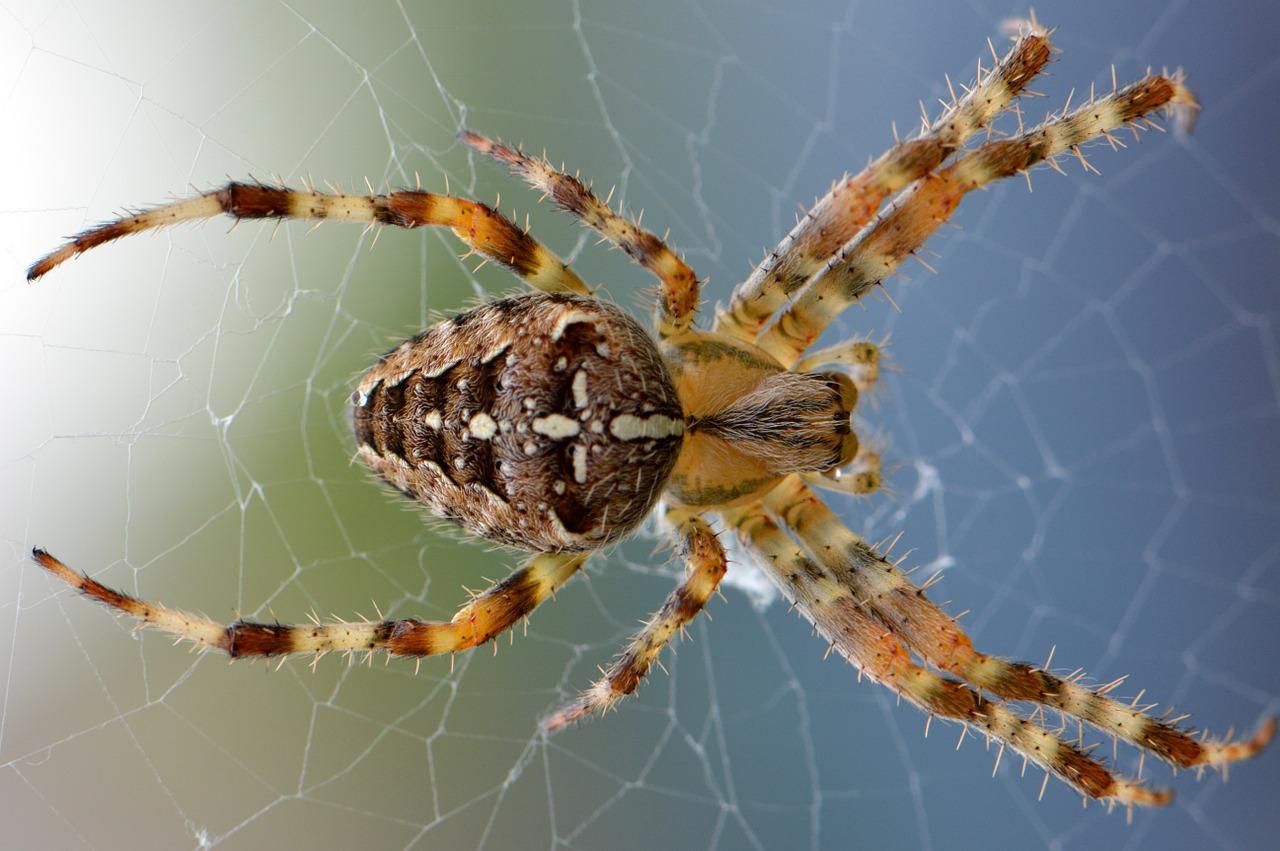Many people are afraid of spiders. There are reasons for this — with the risk of spider bites being one of the most prominent fears that people have. But do house spiders bite humans? And if so, do you really have to be afraid? Well, the answer is yes and no…
Why do house spiders bite humans?
- Spiders don’t usually bite unless threatened. Yes, house spiders do bite humans, but at the same time, you shouldn’t be too paranoid about this. Spiders are not specifically out there to try to hunt you down. In fact, they don’t want to be around you because you are bigger than them and you can cause them harm. Spiders usually bite only when they feel threatened or when you hurt them, like when you sit on them accidentally because you don’t even know they were there. Spiders just have a bad reputation because some species are dangerous. They also often get hurt accidentally, so they are forced to retaliate.
- Spiders are venomous, not poisonous. There are more than 40,000 species of spiders spread across more than 100 families. Unfortunately, most spiders are venomous, meaning they can inject venom into you when they bite you. Take note that spiders are not poisonous. Venomous means that an animal can inject venom into you while poisonous means that an animal can release toxins when you eat them.
- You can treat spider bites at home. Some species of spiders are incredibly dangerous. Black widows and brown recluses are some of the most venomous ones you should look out for. If you have been bitten by these spiders, seek medical attention as soon as you can. However, if you have been bitten by other spiders and you seem to have no serious symptoms, you can treat the bites with home remedies like soap and water, over-the-counter medications like antihistamines, and natural solutions like aloe vera gel.

Why do you have house spiders in your home
- Spiders find a lot of insects in your home. Spiders are in your home because they can find two things in it — resources and shelter. Resources are food. And no, spiders are not attracted to your exposed food and leftovers. They are more attracted to the insects that these food items attract, such as ants and cockroaches. Spiders are insect hunters. If you have a lot of scattered food at home that attracts insects, you are attracting spiders as well.
- Your home is easily accessible from the outside. Unless you consistently bomb the outside of your home with insecticides, chances are, it’s always teeming with life. It has a lot of resources like fruits and vegetables and shelter opportunities like trees and leaves. Your garbage cans can also be both a resource and a shelter. The point is that there are a lot of insects outside your home, and spiders can live off of them and thrive. And then they can get inside your home.
- You don’t clean up. What is the best way to attract insects like ants and cockroaches? The best way is to have easily accessible food. If you don’t store your food properly or don’t clean up immediately after eating, you are basically inviting scavengers and foragers into your house. Another great way to attract these critters is to have a lot of clutter. Cockroaches, for instance, like to hide in cardboard boxes and piles of old magazines and newspapers. If you have insects at home, spiders are sure to follow.
How to avoid house spiders
- Keep food away that may attract insects. Keep your home insect-free to make it spider-free as well. The most efficient way to do this is to store your food properly. Put them in cabinets, containers, and refrigerators where they can’t be easily accessed by foragers, scavengers, and their scouts. Clean up immediately after eating. Insects are small creatures, so even tiny food crumbs and small droplets of water are enough to sustain them. Wipe all surfaces of dining areas and kitchens and wash the dishes as soon as possible.
- Close off cracks, gaps, and holes, and cut off all potential bridges. Common house spiders are only about half a centimeter long. This means they can get through the smallest of cracks, gaps, and holes all over your home. Give particular attention to the cracks and holes on your walls and the gaps between your doors and windows. Don’t forget about potential bridges between your home and the outside world. Usually, they come in the form of tree branches that touch your roofs or windows. Cut them off or at least trim them so they don’t touch any part of your home.
- Get rid of spiders without using chemicals. The guaranteed way to get rid of spiders is to spray them away with a chemical-based commercial formula. But the problem with such commercial products is that they may have ingredients that can be toxic to you and your family. There are more natural alternatives. You can create a homemade spray by combining water with a natural agent, like vinegar, peppermint oil, garlic, or even citrus slices. But take note that their effectiveness may be limited, especially if you already have a severe spider infestation. In such cases, calling pest control professionals may be the best course of action.

House spiders do bite, but they are preventable
Yes, house spiders do bite humans. Unless you have been bitten by dangerous spider species like black widows and brown recluses or you have been suffering from severe spider bite symptoms like difficulty in breathing, you don’t need to go to the hospital. You can treat minor spider bites at home with home remedies, over-the-counter medications, and natural solutions.
However, it’s better to just prevent spider bites altogether, and you can do this by not having spiders at home. Store food properly, so you don’t attract insects that attract spiders in turn. Clean up, so spiders don’t have anywhere to hide. And close small gaps around your house that can serve as passageways from the outside.

